KOREA - Many well-off parents in Korea are willing to give up their citizenship, spending at least the equivalent of more than 3 billion VND to buy foreign citizenship, so that their children can get into international schools.
Vanuatu, an archipelago in the South Pacific , is a paradise for nature lovers, but in South Korea, many people are eyeing the island nation for another reason: buying citizenship.
Bae, 30, a mother living in Seocho-gu, south of Seoul, is thinking of buying Vanuatu citizenship so her 4-year-old son can attend an international school (in Korea).
“My son is currently attending a bilingual (English) kindergarten. I hope he can enroll in an international school instead of a local school,” she told The Korea Herald , stressing the multicultural learning environment and English curriculum as the main reasons.
According to international schools approved by the Korean Ministryof Education , such as Yongsan School, Seoul International School... children with Korean nationality, like Ms. Bae's son, are only admitted to the school if one parent has foreign nationality or the child has lived abroad for at least 3 years.
Currently, international immigration consulting companies have helped wealthy Korean parents meet the first condition (having a parent with foreign nationality) with the “citizenship by investment” programs of some Caribbean and Pacific countries.
For example, Vanuatu citizenship requires a minimum investment of $130,000 for an individual, $150,000 for a couple, or $180,000 for a family of four, according to Mr. Cho, director of an immigration consulting firm in Seoul.
“Vanuatu is currently the most popular destination for citizenship by investment. The application process takes three to six months and there are no mandatory residency requirements,” said Mr. Cho, who advises clients to apply now before the new passport regulations come into effect in December.
Mr. Cho explained that after November 30, those approved for Vanuatu citizenship by the Immigration Department must go to the Vanuatu embassy to have their fingerprints and passport photos taken. Since there is no Vanuatu embassy in South Korea, applicants will have to fly to Malaysia, Dubai or Hong Kong.
“Currently, passports can be sent by mail,” he added. His company charges $1,500 per person to process the application.
Education more important than nationality?
If Ms. Bae applies for Vanuatu citizenship to send her son to an international school, she will automatically lose her Korean citizenship and join the small but growing group of Vanuatu citizens living in South Korea.
Data from the South Korean Ministry of Justice shows that 18 South Koreans gave up their citizenship to take Vanuatu citizenship between 2019 and 2022. Although there is no data after 2022, if companies like Mr. Cho’s are doing well, the number could have increased.
According to Article 15 of the Korean Nationality Act, people will lose their nationality as soon as they are granted foreign nationality.
“Many parents at the school have chosen to give birth abroad or apply for citizenship from Pacific countries to secure their children’s future,” said a 33-year-old housewife surnamed Chang, whose 10-year-old son is studying at Busan International School.
As of 2023, there are a total of 49 accredited international schools in Korea. Annual tuition fees range from 30 to 40 million won (about 530 to 750 million VND), equivalent to the annual salary of an office worker in this country.
“These schools are a springboard for children to enter prestigious schools abroad. Some people may criticize parents for being too obsessed with their children’s education, but it is their right to choose. As long as it is legal, it should be respected,” Ms. Chang said.
For Ms. Bae, the minimum amount of $130,000 in exchange for Vanuatu citizenship is “worth it,” especially when compared to the huge costs that Korean parents have to pay to give their children the opportunity to study at prestigious schools.
While there are international schools that do not require foreign citizenship, only 14 of the 52 schools are accredited by the Korean Ministry of Education, allowing students to receive an official diploma. Unaccredited schools require students to take the General Educational Development (GED) exam to qualify for university.
However, “foreigner-only” international schools are still sought after by many parents, even to the point of purchasing citizenship. “What they want is a multicultural learning environment and the opportunity to interact with foreign parents from prestigious families,” Ms. Chang commented.

Source: https://vietnamnet.vn/phu-huynh-chi-tien-ty-mua-quoc-tich-nuoc-ngoai-de-con-vao-truong-quoc-te-2345506.html


![[Photo] Close-up of Tang Long Bridge, Thu Duc City after repairing rutting](https://vphoto.vietnam.vn/thumb/1200x675/vietnam/resource/IMAGE/2025/5/19/086736d9d11f43198f5bd8d78df9bd41)
![[Photo] General Secretary To Lam attends the conference to review 10 years of implementing Directive No. 05 of the Politburo and evaluate the results of implementing Regulation No. 09 of the Central Public Security Party Committee.](https://vphoto.vietnam.vn/thumb/1200x675/vietnam/resource/IMAGE/2025/5/19/2f44458c655a4403acd7929dbbfa5039)
![[Photo] Panorama of the Opening Ceremony of the 43rd Nhan Dan Newspaper National Table Tennis Championship](https://vphoto.vietnam.vn/thumb/1200x675/vietnam/resource/IMAGE/2025/5/19/5e22950340b941309280448198bcf1d9)

![[Photo] President Luong Cuong presents the 40-year Party membership badge to Chief of the Office of the President Le Khanh Hai](https://vphoto.vietnam.vn/thumb/1200x675/vietnam/resource/IMAGE/2025/5/19/a22bc55dd7bf4a2ab7e3958d32282c15)

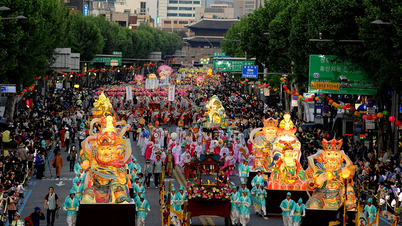


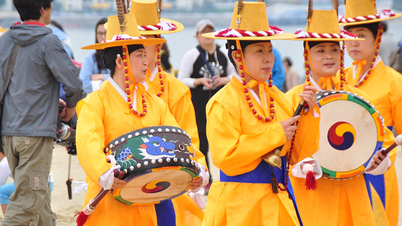
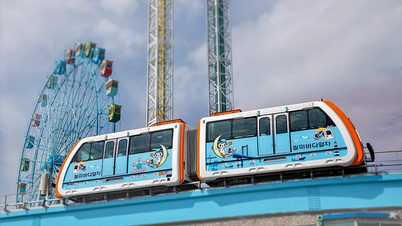

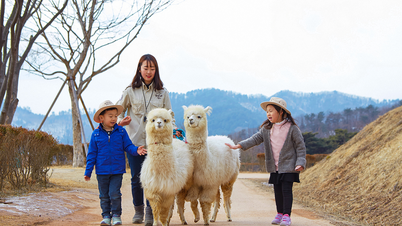
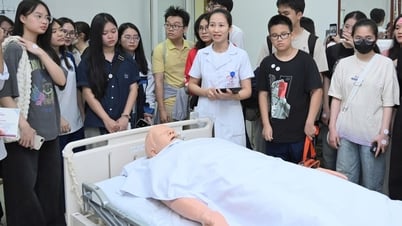

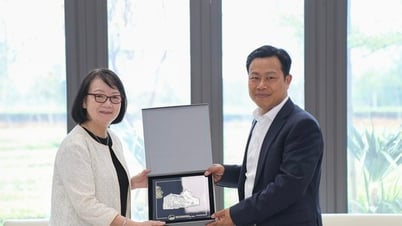

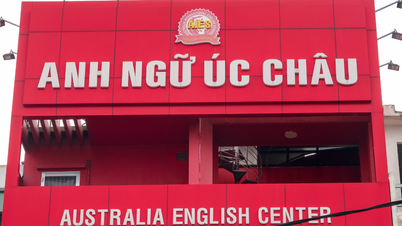
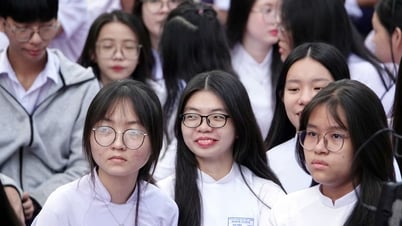
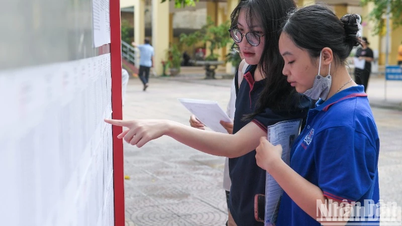

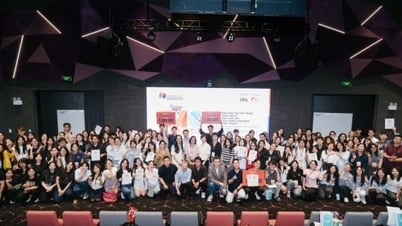






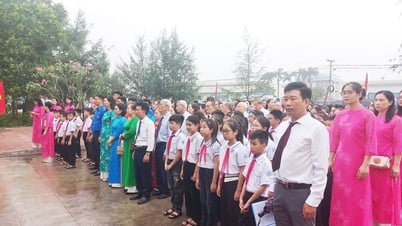


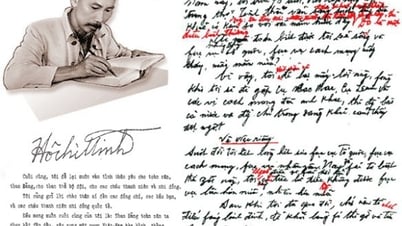

![[Photo] Prime Minister Pham Minh Chinh inspects the progress of the National Exhibition and Fair Center project](https://vphoto.vietnam.vn/thumb/1200x675/vietnam/resource/IMAGE/2025/5/19/35189ac8807140d897ad2b7d2583fbae)




































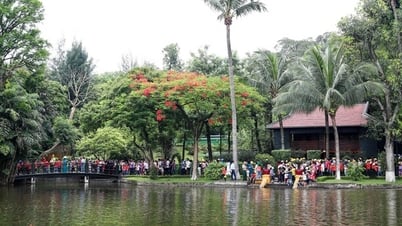



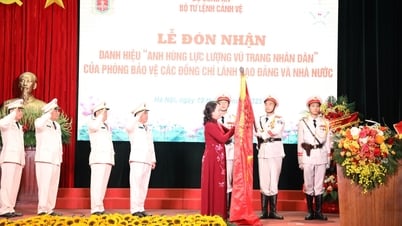

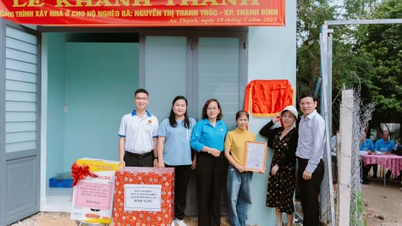

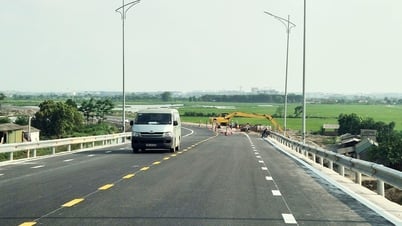

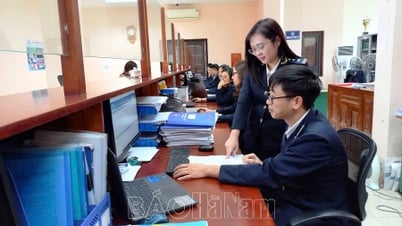

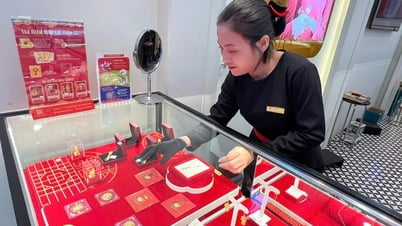

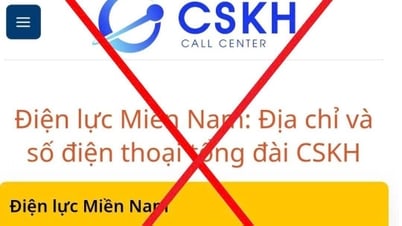







![[VIDEO] - Enhancing the value of Quang Nam OCOP products through trade connections](https://vphoto.vietnam.vn/thumb/402x226/vietnam/resource/IMAGE/2025/5/17/5be5b5fff1f14914986fad159097a677)





Comment (0)